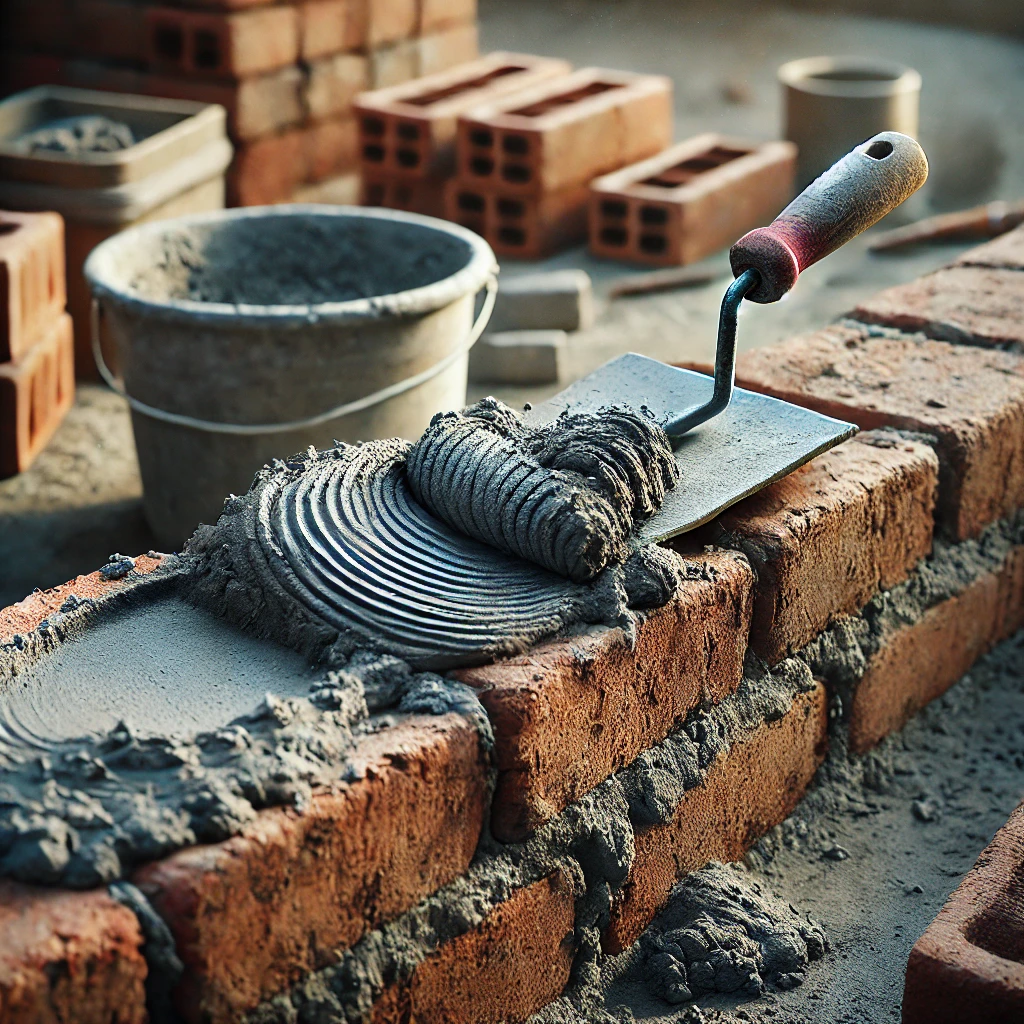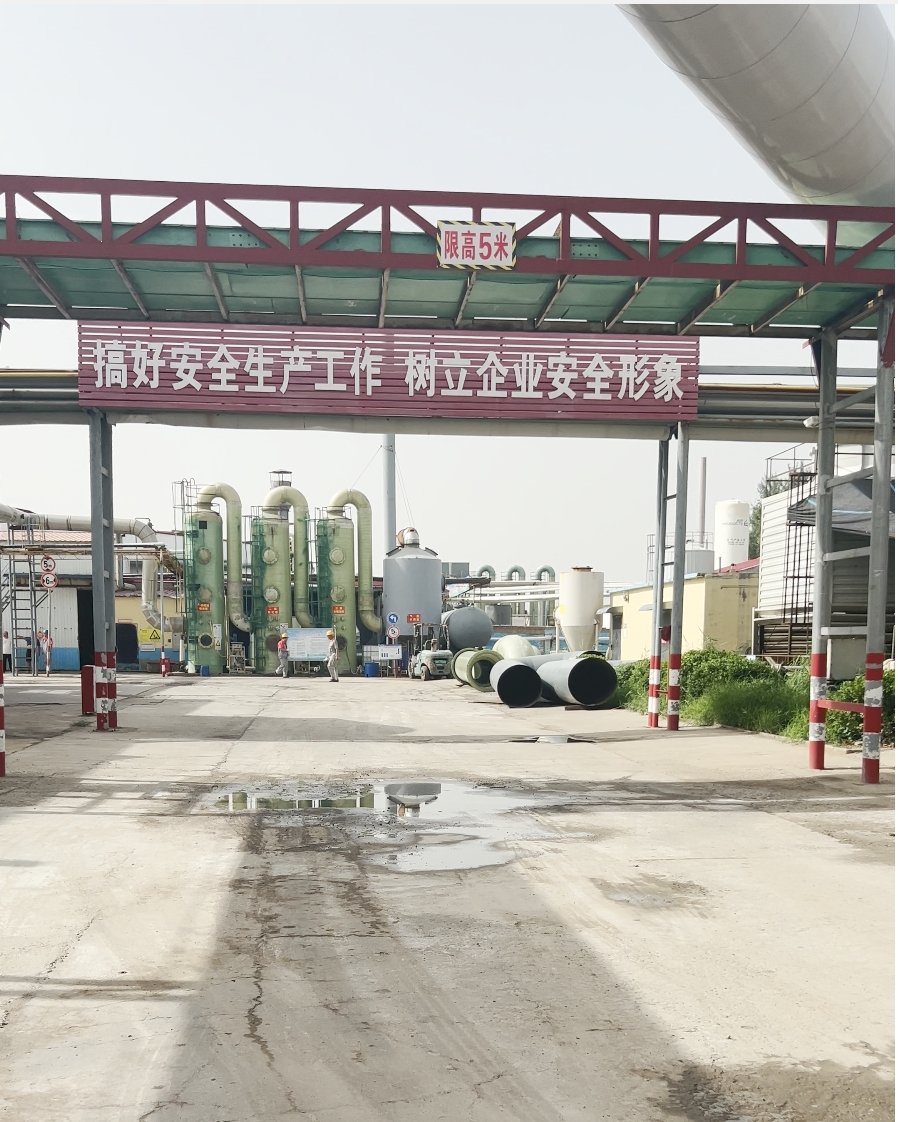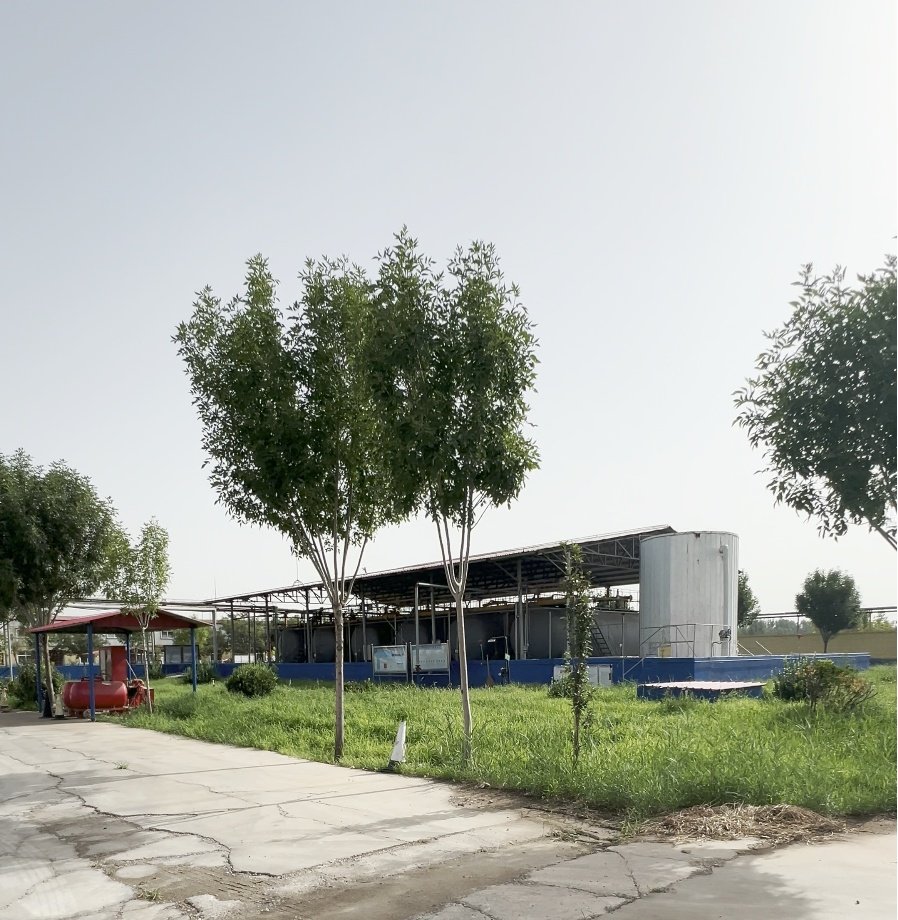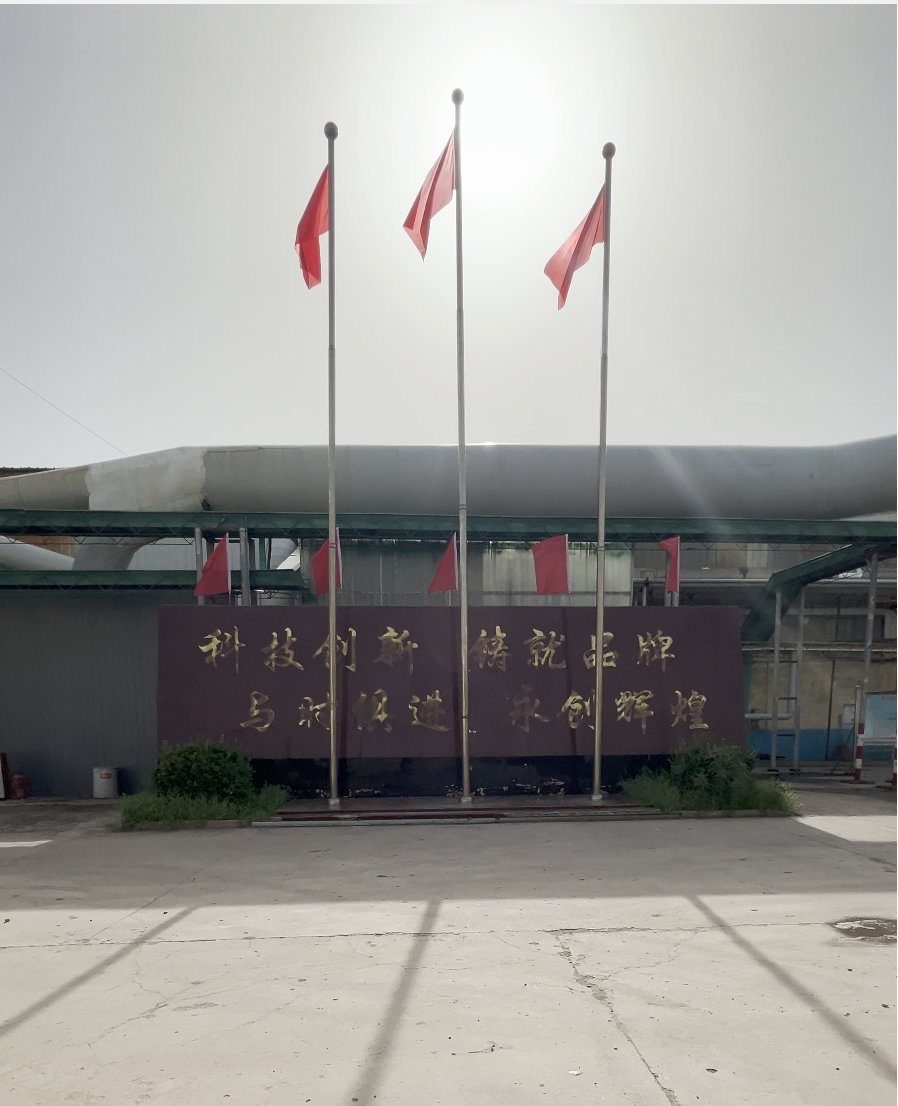Polypropylene fiber (PP fiber) is a synthetic fiber made from polypropylene, a type of thermoplastic polymer. Known for its excellent tensile strength, flexibility, and resistance to chemicals and moisture, polypropylene fiber is widely used in the construction industry. These fibers are primarily added to concrete to improve its performance, reduce cracking, and enhance its overall durability.

Polypropylene fiber(PP Fiber) is a versatile, durable, and cost-effective material widely used in industries ranging from construction and automotive to textiles and packaging. Understanding these fibers’ properties and applications can help us produce high-quality products that meet our customers’ needs effectively.

Lightweight: Polypropylene fibers are one of the lightest synthetic fibers, making them suitable for applications where weight is a critical factor.
High Strength and Durability: These fibers have excellent tensile strength, making them durable and long-lasting. They resist abrasion, stress, and wear, which is crucial for many industrial applications.
Chemical Resistance: Polypropylene fibers are highly resistant to chemicals, acids, and alkalis. This makes them ideal for use in environments where they might be exposed to harsh substances.
Moisture Resistance: Polypropylene fibers do not absorb moisture, which helps prevent the growth of mold, mildew, and bacteria. This property also means they dry quickly.
Thermal Insulation: They have good thermal insulation properties, which help in maintaining temperature control.
Environmental Resistance: These fibers are resistant to degradation from exposure to sunlight and other environmental conditions, making them suitable for outdoor use.
Economical: Polypropylene fiber is relatively low-cost compared to other synthetic fibers, which makes it an economical choice for many applications.
| Desc | Range |
|---|---|
| Appearance | White or similar white fibrous orgranular powder |
| Hydroxypropyl content,% | 8-12 |
| Methoxy (degree of substitution) | 18-22 |
| Ash Content (%) | <5 |
| water 2% solution viscosity, mPa.s | 400-85000 Brookfield |
| Gel temperature , 'C | 65-75 |
| PH | 5.5-7.5 |

PP fiber is commonly used as a reinforcement material in concrete to prevent micro-cracks caused by plastic shrinkage, temperature changes, and drying shrinkage. By distributing stress more evenly throughout the concrete matrix, polypropylene fiber improves the structural integrity of concrete.
Adding polypropylene fiber to mortar and plaster improves their workability, cohesion, and bonding. It also enhances the impact and abrasion resistance of these materials, making them ideal for high-traffic areas and harsh environmental conditions.


Polypropylene fibers are used in asphalt to improve its durability and resistance to cracking and rutting, which are common issues in road surfaces. The fibers help in binding the asphalt mix more effectively, leading to a more robust road surface.
Crack Resistance and Durability:Polypropylene fibers help to minimize the formation of cracks in concrete, plaster, and mortar. By distributing stress more evenly, these fibers prevent shrinkage cracks that commonly occur as the material dries or experiences thermal changes.
Improved Strength and Flexibility:The addition of polypropylene fibers increases the tensile strength and impact resistance of building materials. They make concrete and other mixtures more flexible, which allows them to absorb energy and stress without failing.
Increased Durability Under Harsh Conditions:Polypropylene fibers are resistant to moisture, chemicals, and environmental degradation. They do not corrode, rust, or degrade when exposed to water, salts, or other common construction site chemicals.
Enhanced Adhesion and Workability:In plasters and mortars, polypropylene fibers improve adhesion to surfaces, making these mixtures easier to work with and apply. They help maintain the integrity of the material during the application and curing processes.
Cost-Effective Solution:Polypropylene fibers are relatively inexpensive compared to other reinforcement materials like steel. They are easy to handle, transport, and incorporate into construction mixtures.
Improved Safety and Reduced Maintenance:Structures built with polypropylene fiber reinforcement are less likely to suffer from structural failures, cracking, or spalling. This enhances the safety of buildings, roads, and other infrastructure.
Environmental Benefits:Polypropylene fibers contribute to sustainable construction practices. They reduce the need for heavy steel reinforcement, which lowers the carbon footprint of construction projects. Additionally, polypropylene fibers are recyclable.
Xinhong Chemical provides top-quality products, innovative solutions, and exceptional customer service. We prioritize your satisfaction and success with reliable, customizable chemical solutions.
Consistent purity and performance for all your construction needs.
Tailored MHEC formulations to suit specific applications.
Guaranteed timely delivery with a steady and consistent supply.
Professional technical assistance to optimize product use and performance.



Quality standards for polypropylene fiber typically include parameters such as fiber length, diameter, tensile strength, and melting point. Reputable manufacturers adhere to industry standards like ASTM C1116 for fiber-reinforced concrete and other relevant specifications. To ensure the product meets these standards, it is important to request a Certificate of Analysis (COA) from the supplier, which provides detailed test results and quality certifications.
The dosage rate of polypropylene fiber in concrete varies depending on the specific requirements of the project, but it typically ranges from 0.6 kg to 1.8 kg per cubic meter of concrete. The exact amount depends on factors such as the desired level of reinforcement, the type of concrete mix, and environmental conditions. Consulting with a material specialist can help determine the optimal dosage for a given application.
Polypropylene fibers distribute themselves uniformly throughout the concrete mix, creating a network that helps distribute stress more evenly. This distribution reduces the concentration of stress points that can lead to cracking. The fibers act as micro-reinforcements that bridge potential cracks, holding the material together and preventing the propagation of cracks.
Yes, polypropylene fiber is generally compatible with most common concrete admixtures, such as plasticizers, accelerators, and retarders. It can be added to the mix without adversely affecting the workability or performance of the concrete. However, it's recommended to conduct compatibility tests if the mix design includes unique or specialized admixtures to ensure optimal performance.
Polypropylene fiber has a long shelf life, typically exceeding five years, provided it is stored correctly. The fibers should be stored in a cool, dry place away from direct sunlight and moisture to prevent any degradation or clumping. Proper packaging is also important to maintain the integrity and quality of the fibers during storage.
We’re here to help!
Send us an inquiry today, and let’s start building a solution together!
Lorem ipsum dolor sit amet, consectetur adipiscing elit. Ut elit tellus, luctus nec ullamcorper mattis, pulvinar dapibus leo.
Jinzhou Industrial Park, Shijiazhuang, Hebei, China
Ada@xhhpmc.com Jay@whhpmc.com
+86 18132059888
+86 17736071888
Mon – Fri : 9am – 6pm Sunday (Closed)
WhatsApp us
Contact us now to get free samples and various product formulations!